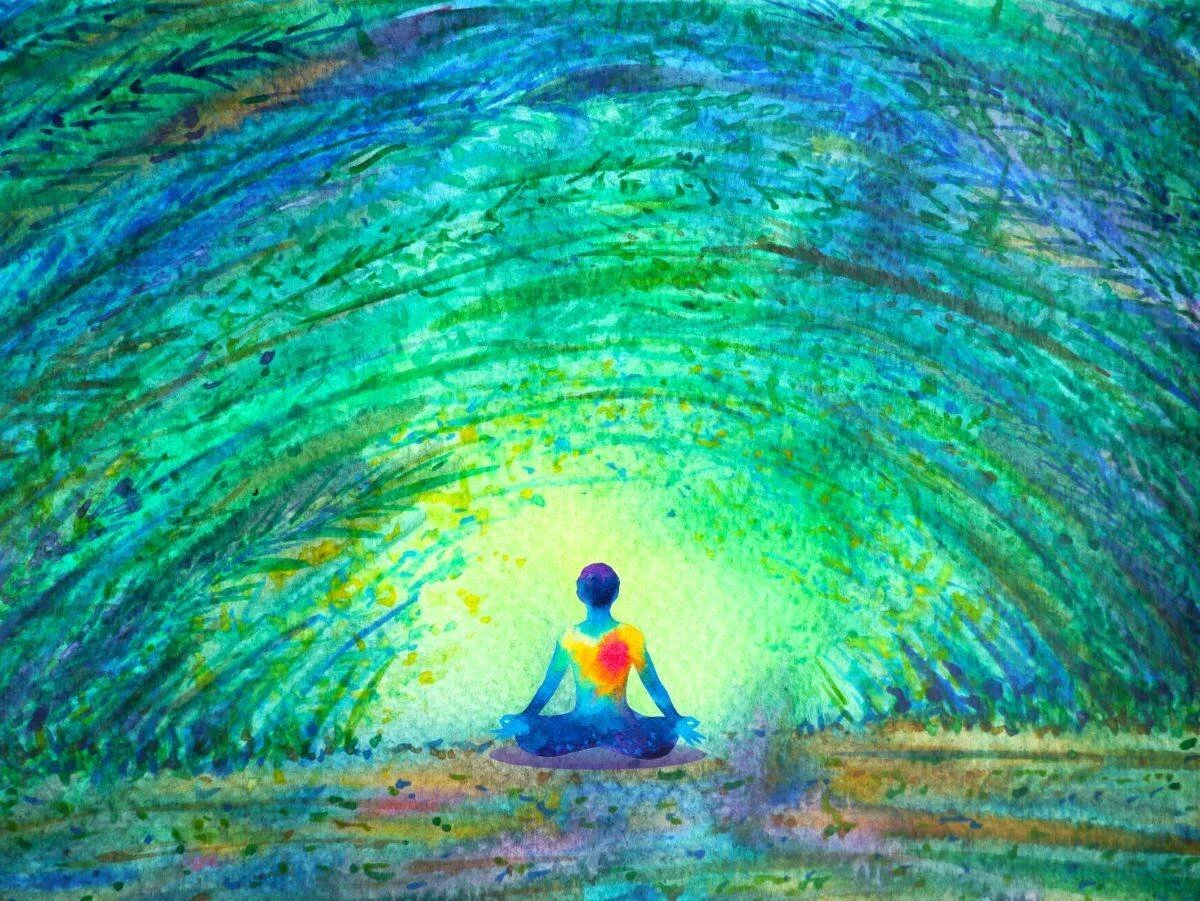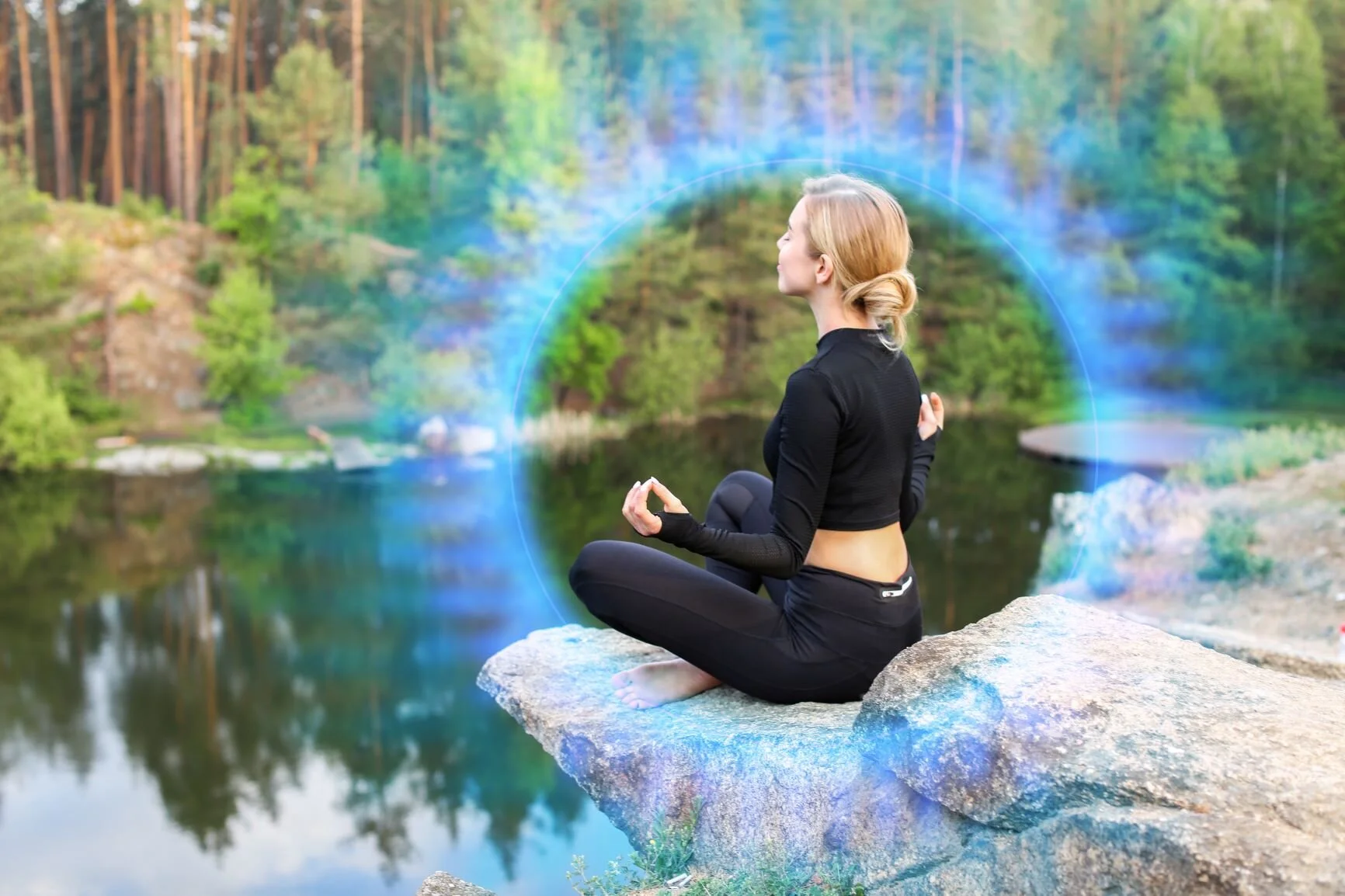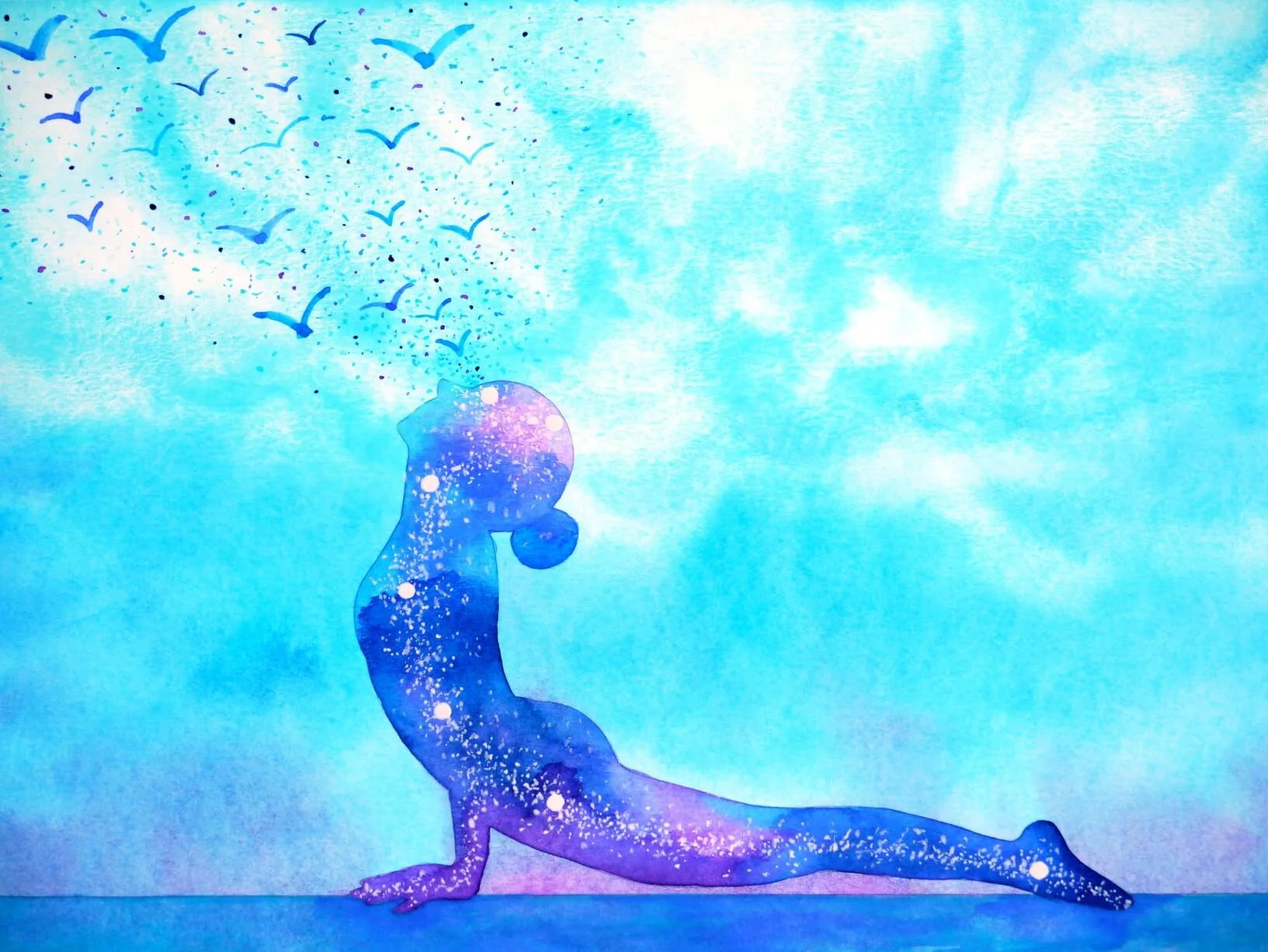Reality seems to work by paired opposites.
The yin/yang symbol is an eternal symbol of this.
If you want to breathe in, you have to breathe out first. If you want to be wide awake for the day's work, you have to go completely unconscious, in the state called sleep, for hours beforehand. If you want to jump up, you first crouch down into gravity, then you spring upwards. We are all used to the ways these opposites work together. We know these opposites are complimentary. We use this all the time without having to think about it.
Here is one that may be less familiar: if you want to be safe in a situation that has some dangers, cultivate relaxation. If you go around the world with a thorough sense of relaxation permeating your body, then when you get an alarm signal, an inner ahhhooooggaa or danger signal, you will know this is coming from outside. There is something to attend to. Your nervous system will configure itself appropriately to face whatever danger is there.
If you go around the world with danger signals blasting away in your head all the time, false feelings of emergency, then you will be too tired, stressed, and off-balance to respond appropriately if and when a real physical danger does arise. Your alarm system gives so many false alarms that you and everyone around you will weary of the noise you generate. So paradoxically, a way to cultivate a state of alertness, in which you go around in a state of responsiveness, is to cultivate a wide-open relaxation, senses wide open, body at play, instincts supple, at home and ready for anything.
For years, I have recommended that everyone who experiences fear on a daily basis read the books of Gavin de Becker. Now Gavin has a new book out, Fear Less: Real Truth About Risk, Safety, and Security in a Time of Terrorism.
All this points to the idea, don't walk out the door without meditating. Meditation, practiced the way I describe it in my books, is a great tool for tuning your intuition and living a relaxed life. One in which your survival signals only go off when needed, so you listen to them.











